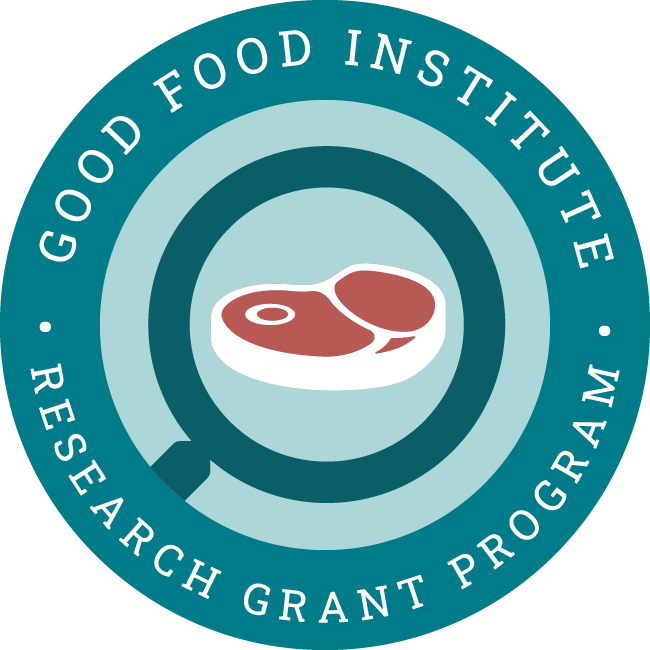Neutron scattering during extrusion of meat analogs
2024 – 2026
With neutron scattering, this project aims to understand how plant protein melts solidify into fiber-like meat analogs during extrusion processes.
Production platform: Plant-Based
Technology sector: End product formulation & manufacturing, Ingredient optimization, Other

Project aims
In the transition from animal to plant-based food, plant-based meat analogs produced by high moisture extrusion cooking ease planetary resource demands while meeting consumer expectations. Extrusion cooking relies extensively on empirical knowledge due to the black-box nature of the extruder, including the cooling die and the natural variability of plant-based raw materials. To address this shortcoming, this project proposes studying the structuring of plant-based proteins in-situ by small angle neutron scattering in combination with cooling dies, taking advantage of the complex flow field triggering normal stress responses from the protein melt.
The assertion is that the rheological properties of the protein melt and the flow profile in the cooling die are essential for the final product. To elucidate these often intertangled properties, the focus is on the (i) design of cooling dies promoting transient shear and elongational stress and (ii) in-situ structural analysis along the cooling die. Scattering experiments of the individual compounds provide a database for the in-situ extrusion experiments and serve as a guideline for SANS contrast variation experiments towards a detailed understanding of the microscopic structure of meat analogs. The final outcome of the proposed project involves reviewing and summarizing design criteria for cooling dies, offering information on optimized extrusion linked to raw material properties.
Principal researchers

Peter Fischer
Professor, Institute of Food, Nutrition, and Health
ETH Zurich, Switzerland
Peter Fischer studied physics and after a postdoc position at Stanford University, he joined ETH Zurich in 1998. His research activities focus on food material sciences. Examples are protein and particle aggregation, bulk delivery systems, and structure analysis of complex materials such as meat analogs.

Research Grant Program
Explore grant opportunities and GFI-funded projects that are driving innovation and breaking boundaries in alt protein research.
